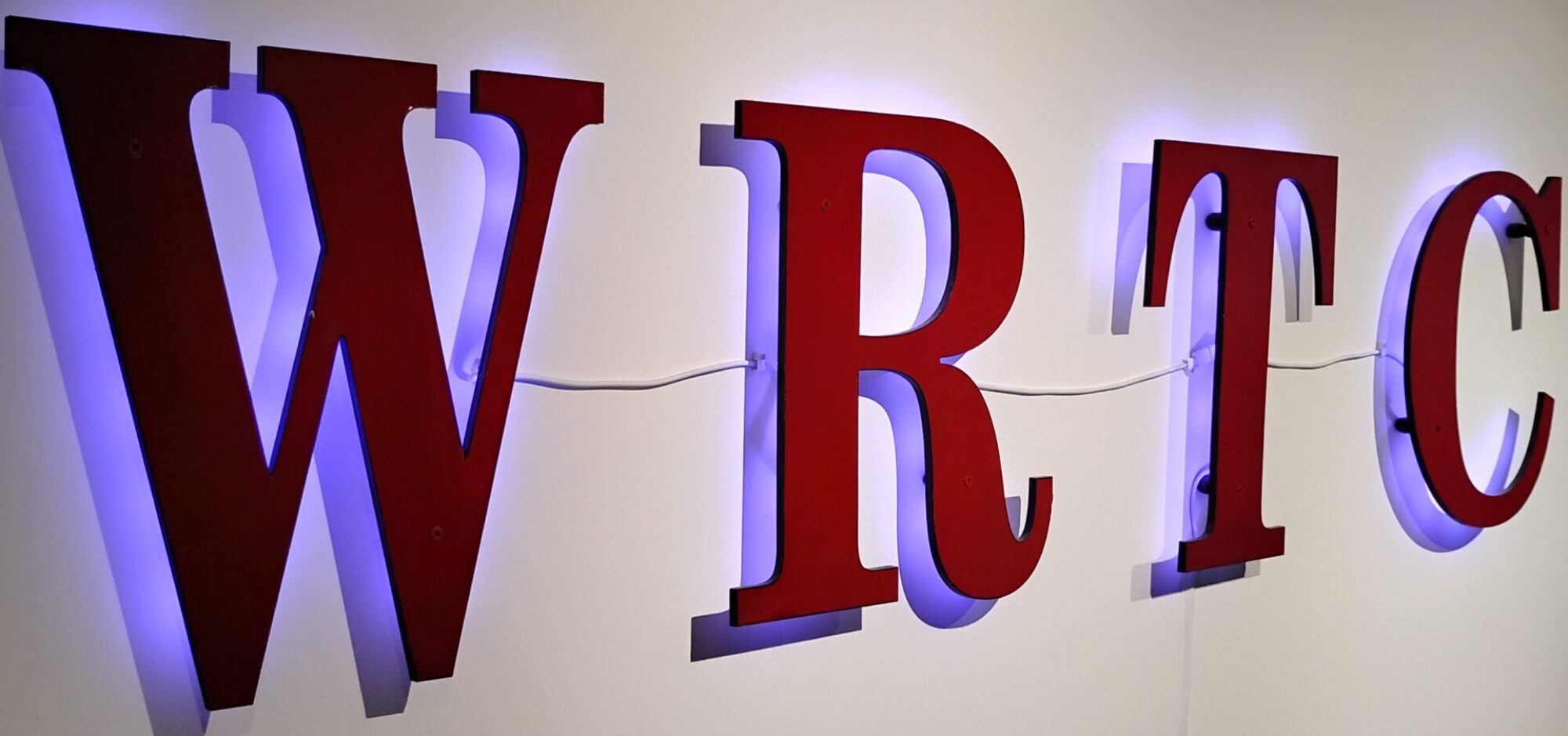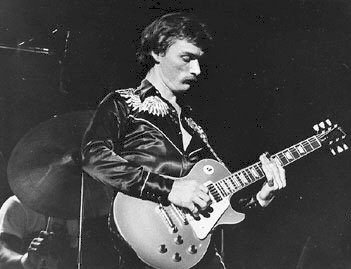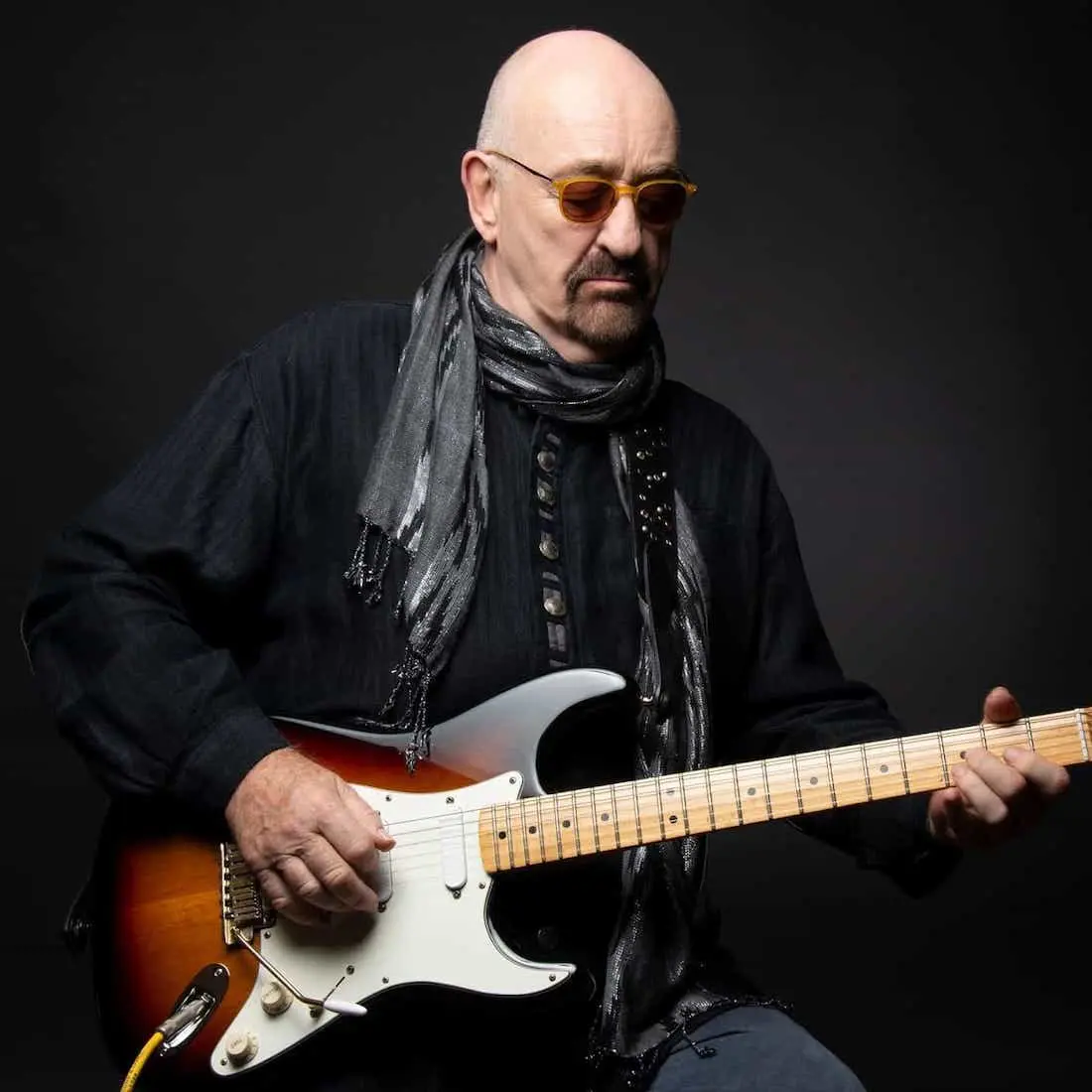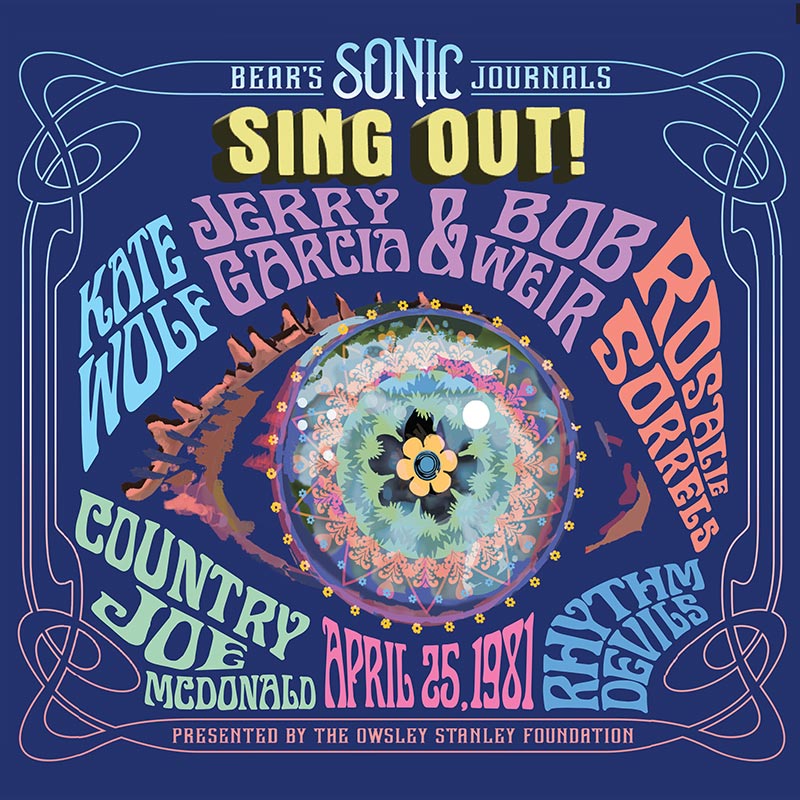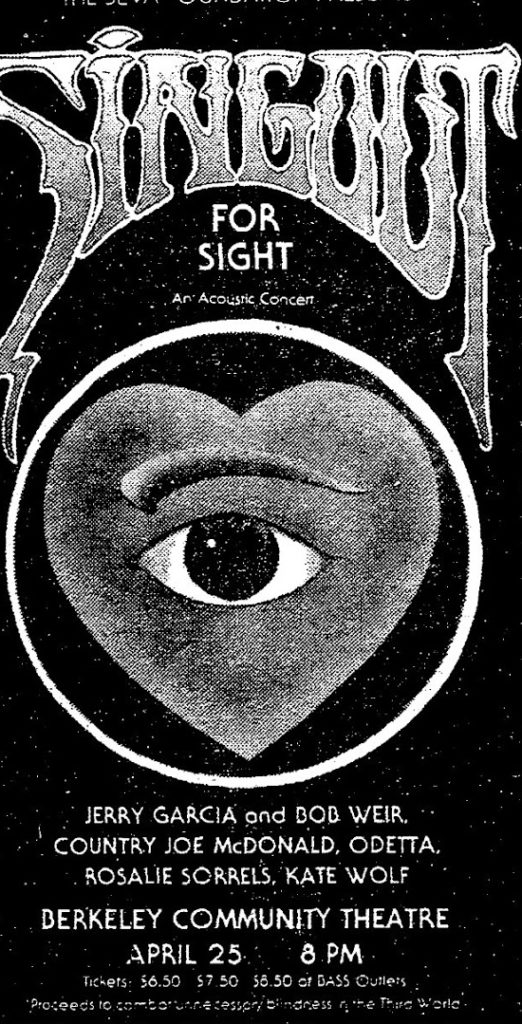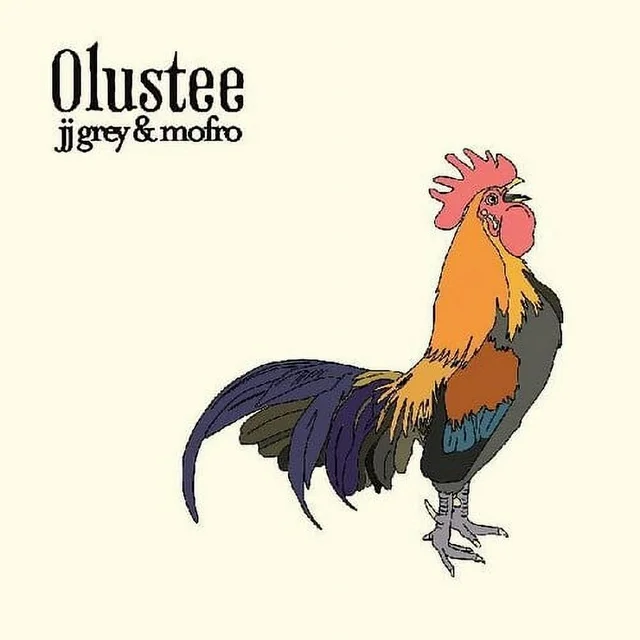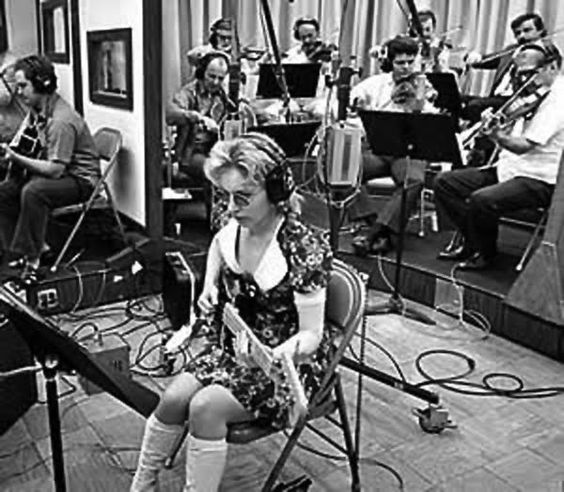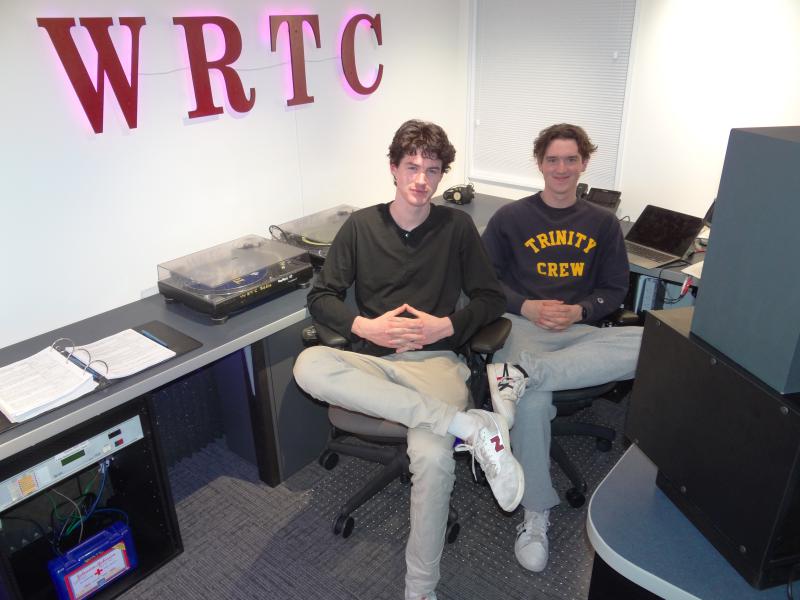The May 18 edition of Greasy Tracks featured the just-released Sam’s Place (Hot Tomato Productions) by Little Feat, part of a special three-hour spotlight on the band.
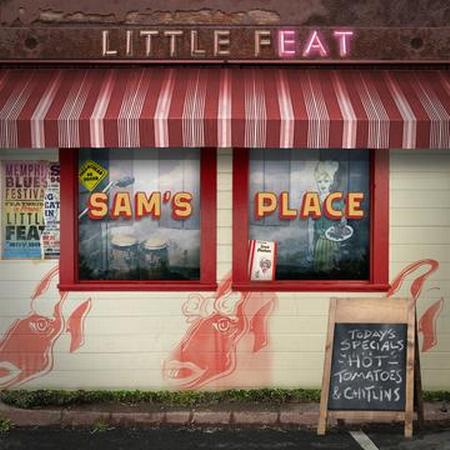
Here’s the archive, while a playlist is here.
There were interviews with Little Feat members Sam Clayton, Bill Payne and Scott Sharrard, along with sax man Art Edmaiston who was part of the sessions at the legendary Sam Phillips Recording in Memphis.
It’s the first studio album in 12 years from Feat and the collection of classic blues tracks they recorded is stunning. May 17 was the official release of the album.
This offering from the band marks the first time percussionist Clayton sings lead on every track.
Bonnie Raitt, a longtime Feat friend, guests on a version of Muddy Waters’ “Long Distance Call” and Michael “Bull” LoBue contributes harp on a few songs. In addition to Edmaiston, fellow Memphis horn man Marc Franklin is on a handful of tracks.
Minus one original, “Milkman” — co-written by Clayton with guitarists Sharrard and Fred Tackett — the album is entirely covers penned by the aforementioned Waters, Willie Dixon, Bobby Charles, Little Walter Jacobs and Preston “Red” Foster.
The band appears several times in the tri-state area this summer as part of their “Can’t Be Satisfied Tour”, including Aug. 17 at the Milford Oyster Festival in Milford, Conn.; Aug. 20 at Tree House Brewing Summer Stage in Deerfield, Mass.; Aug. 21 at The Cape Cod Melody Tent in Hyannis, Mass.; Aug. 22 at South Shore Music Circus in Cohasset, Mass.; Aug. 24 at Indian Ranch in Webster, Mass.; and Aug. 25 at Bethel Woods Center For The Arts in Bethel, N.Y.
